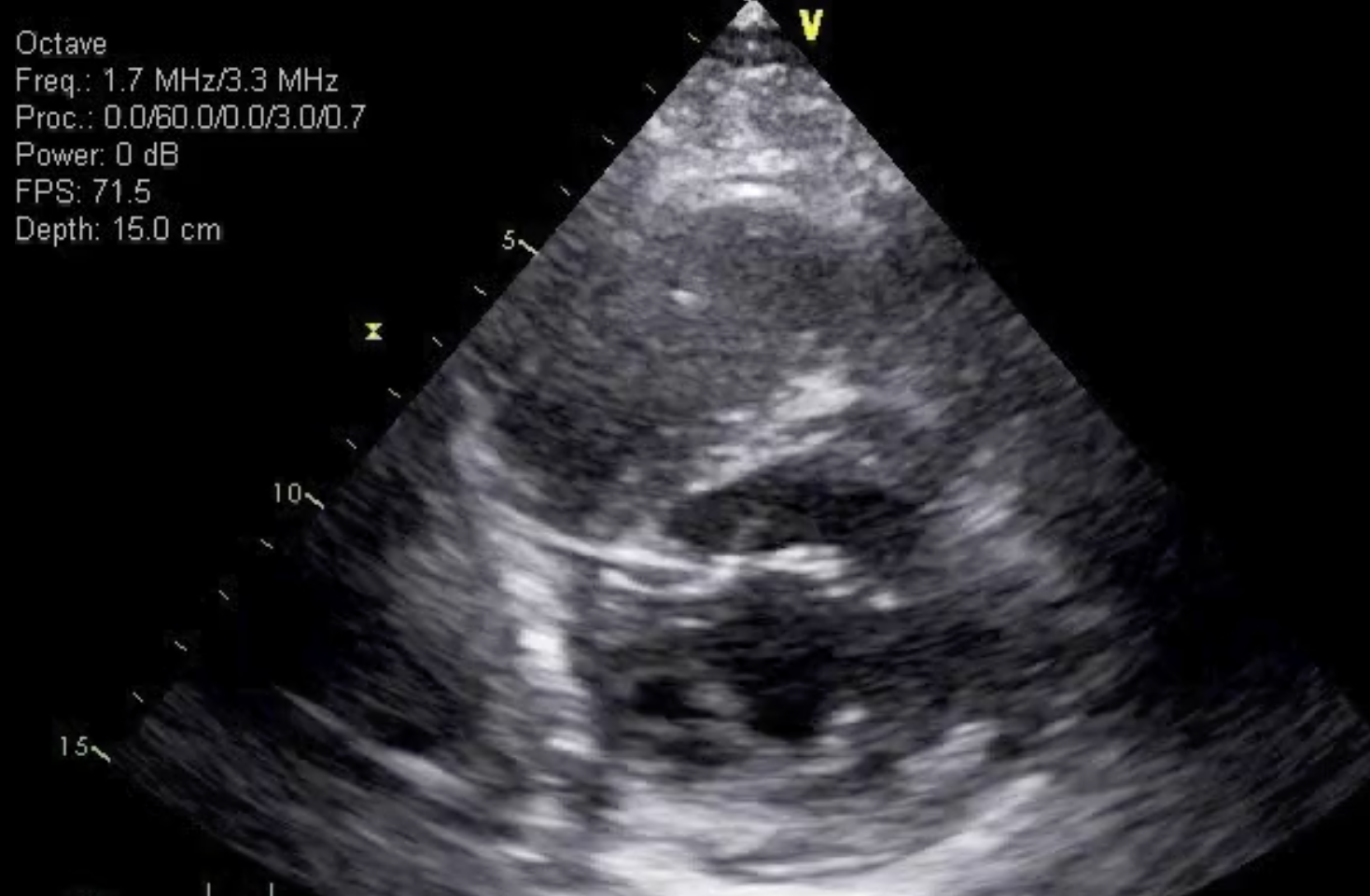Tachycardia During Pregnancy

Contents:
- What is Tachycardia
- Causes Tachycardia in Pregnancy
- Symptoms Tachycardia in Pregnancy
- Treatment Tachycardia During Pregnancy
Tachycardia in Pregnancy
Tachycardia in pregnancy is considered a normal condition, if it is caused by natural reasons, such as, physical fatigue or anxiety. However, some cases of tachycardia in pregnancy require medical observation.
Due to physical and hormonal changes during pregnancy, such as, placenta formation, weight gain, formation of new blood vessels, growth of the uterus due to the developing fetus and other changes, the stress on the heart increases. In addition, the heart works for two, mother and the baby. Excessive load on the heart can lead to the rapid heart rate.
Heart rhythm of a pregnant woman may increase by 10-20 beats per minute (BPM). Palpitation during pregnancy is a common condition, especially in the third trimester. In fact, starting from the sixth month of pregnancy, the heart rhythm of a woman increases by 15-20 BPM. If a woman is diagnosed for paroxysmal tachycardia, her heart rate can increase to 220 BPM.
What is Tachycardia
If a pregnant woman has a higher heart rate in comparison with normal rates for her age, she may be diagnosed for tachycardia. Tachycardia in pregnancy is diagnosed when the heart rate exceeds 100 BPM. Types of tachycardia are sinus tachycardia (originated from the sinus node or heart's natural pacemaker) and non-sinus tachycardia.
Sinus tachycardia can be physiological (due to physical or psycho-emotional load), non-cardiac (occurs due to fever, hypertension or hypotension, hypoglycemia, chronic infections, acute diseases, or drug overdose) and cardiac tachycardia, which arises due to primary lesion of the heart. Non-sinus tachycardia may be supraventricular (originated from the upper parts of the heart) and ventricular (originated from the lower parts of the heart). Gestational supraventricular tachycardia is not harmful for a woman and the baby.
Together with rapid heartbeat, a pregnant woman may experience chest pain, shortness of breath, dizziness or headache, fatigue, exercise intolerance, fainting, or numbness in some parts of the body (in severe cases). Sinus tachycardia may be also accompanied by a number of light symptoms, such as, general weakness and anxiety. Sinus tachycardia is quite common during pregnancy, especially in anemic women.
Causes Tachycardia in Pregnancy

Tachycardia in pregnancy can be caused by different factors. The main causes of tachycardia during pregnancy are high hormone levels in the body, which increase the heart rate.
Tachycardia in pregnancy may develop due to the following factors:
- Anemia;
- Obesity;
- Allergy caused by prenatal vitamins;
- Vitamin overdose;
- Bronchial asthma;
- Pulmonary embolism or blood clots in lungs;
- Disorders of thyroid function;
- Ectopic pregnancy;
- Pulmonary infection;
- Anxiety or stress;
- Acute adrenocortical insufficiency;
- Fever;
- Sepsis;
- Dehydration;
- Amniotic fluid embolism;
- Obstetrical bleeding;
- Heavy blood loss;
- Placenta abruption;
- Uterine rupture;
- Side effects of drugs;
- Serious injuries;
- Heart diseases, including myocardial infarction, or poor blood circulation.
Symptoms Tachycardia in Pregnancy
Symptoms of tachycardia in pregnancy are:
- Chest pain;
- Dizziness;
- Fatigue;
- Numbness in various parts of the body;
- Fainting;
- Rapid heart palpitation;
- Anxiety.
Treatment Tachycardia During Pregnancy
For treatment of tachycardia during pregnancy, it is necessary to know about the reasons for the appearance of the first signs of tachycardia and the course of the disease. It is advisable to control weight gain during pregnancy, in order to prevent obesity. Excess weight in pregnancy can cause tachycardia. Pregnant women should avoid substances that stimulate cardiac activity, such as, caffeine, tobacco, alcohol and drugs. If tachycardia is caused by the diseases of heart or lungs, it should be treated immediately. In these cases, you should call for the urgent medical aid.
Treatment of sinus tachycardia may include the use of beta-blockers, calcium channel blockers and antiarrhythmic drugs. Beta-blockers control the effects of adrenaline on the sinus node. Calcium channel blockers and antiarrhythmic drugs control the generation of electrical impulses by the sinus node. Amiodarone is an antiarrhythmic drug that can cause significant fetal abnormality. It is not allowed taking medications for tachycardia treatment without the prescription of the doctor.
Mild form of tachycardia during pregnancy is considered normal, as the heart works harder in order to provide the blood flow to the uterus. Mild form of tachycardia should not be the reason for your anxiety. Good rest and the consumption of great amount of fluid for maintaining water balance in the body will help to cope with rapid heart rhythm. Stress relief exercises and relaxation techniques, such as, yoga or meditation, will help to reduce the stress and anxiety. If you are healthy, the light symptoms of tachycardia will not disturb you much. Mild form of tachycardia will pass eventually without medical intervention.
I have tachycardia. Will this affect or harm my baby in any way?
Tachycardia to affect baby?